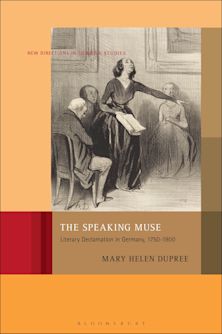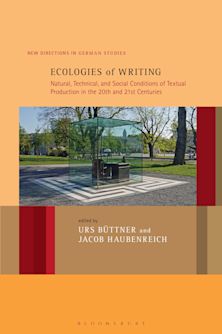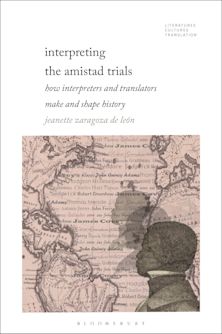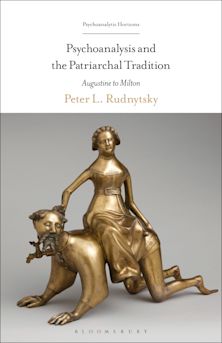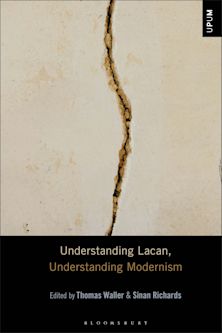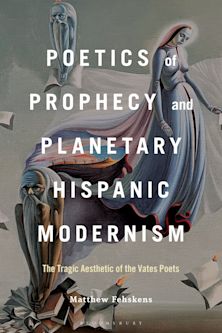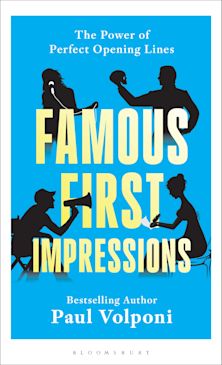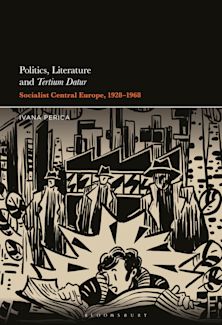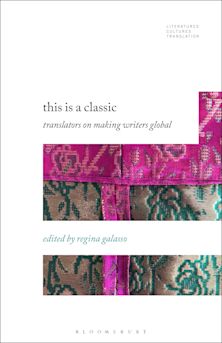- Home
- ACADEMIC
- Literary Studies
- Comparative Literature
- Our Two-Track Minds
Our Two-Track Minds
Rehabilitating Freud on Culture
Our Two-Track Minds
Rehabilitating Freud on Culture
You must sign in to add this item to your wishlist. Please sign in or create an account
Description
While many of Freud's original formulations have required either revision or rejection and replacement with newer models, his cultural books, such as Civilization and Its Discontents and Totem and Taboo, though extremely influential in the early part of the 20th century, have more recently been either neglected or else dismissed as long-outdated fantasies.
Robert A. Paul shows that Freud's ideas in these books, and his thinking on how human society is possible, given the unpromising materials out of which it is constructed (i.e. human beings), can appear in a different and more favorable light when viewed through the lens of contemporary anthropology, cultural studies, and evolutionary theory.
Table of Contents
Part I. DROSS INTO GOLD: Recuperating Freud's Social Theory
1. Freud's Theory of Society
2. Biology and Culture in Civilization and Its Discontents
3. Yes, the Primal Crime Did Take Place
PART II. LIKE RABBITS OR LIKE ROBOTS? Sexual versus Non-Sexual Reproduction in the Western Tradition
4. The Genealogy of Civilization
5. Sons or Sonnets?
6. The Pygmalion Complex
PART III. OUR TWO TRACK-MINDS: A Dual Inheritance Perspective on Some Classic Psychoanalytic Issues
7. Incest Avoidance: Oedipal and Preoedipal, Natural and Cultural
8. Sexuality: Biological Fact or Cultural Construction?
9. Consciousness, Language, and Dual Inheritance
References
Index
Product details

| Published | 10 Dec 2020 |
|---|---|
| Format | Ebook (PDF) |
| Edition | 1st |
| Extent | 232 |
| ISBN | 9781501370052 |
| Imprint | Bloomsbury Academic |
| Series | Psychoanalytic Horizons |
| Publisher | Bloomsbury Publishing |
About the contributors
Reviews
-
Based on his dual inheritance theory, Robert Paul provides us with an excellent integration of contemporary psychoanalytic thinking, evolutionary theory, and cultural anthropology, without minimizing the contributions of each of them. This thought-provoking book shows ways to bridge the gap between the disciplines and how this opens up new insights and approaches for psychoanalytic theory-building.
Werner Bohleber, PhD, psychoanalyst, former editor-in-chief of the German psychoanalytic journal Psyche

ONLINE RESOURCES
Bloomsbury Collections
This book is available on Bloomsbury Collections where your library has access.













